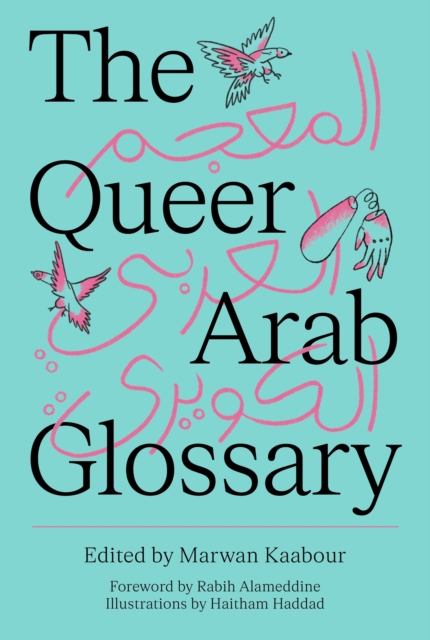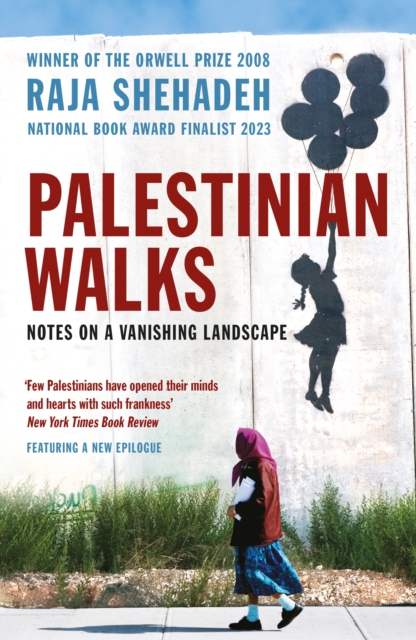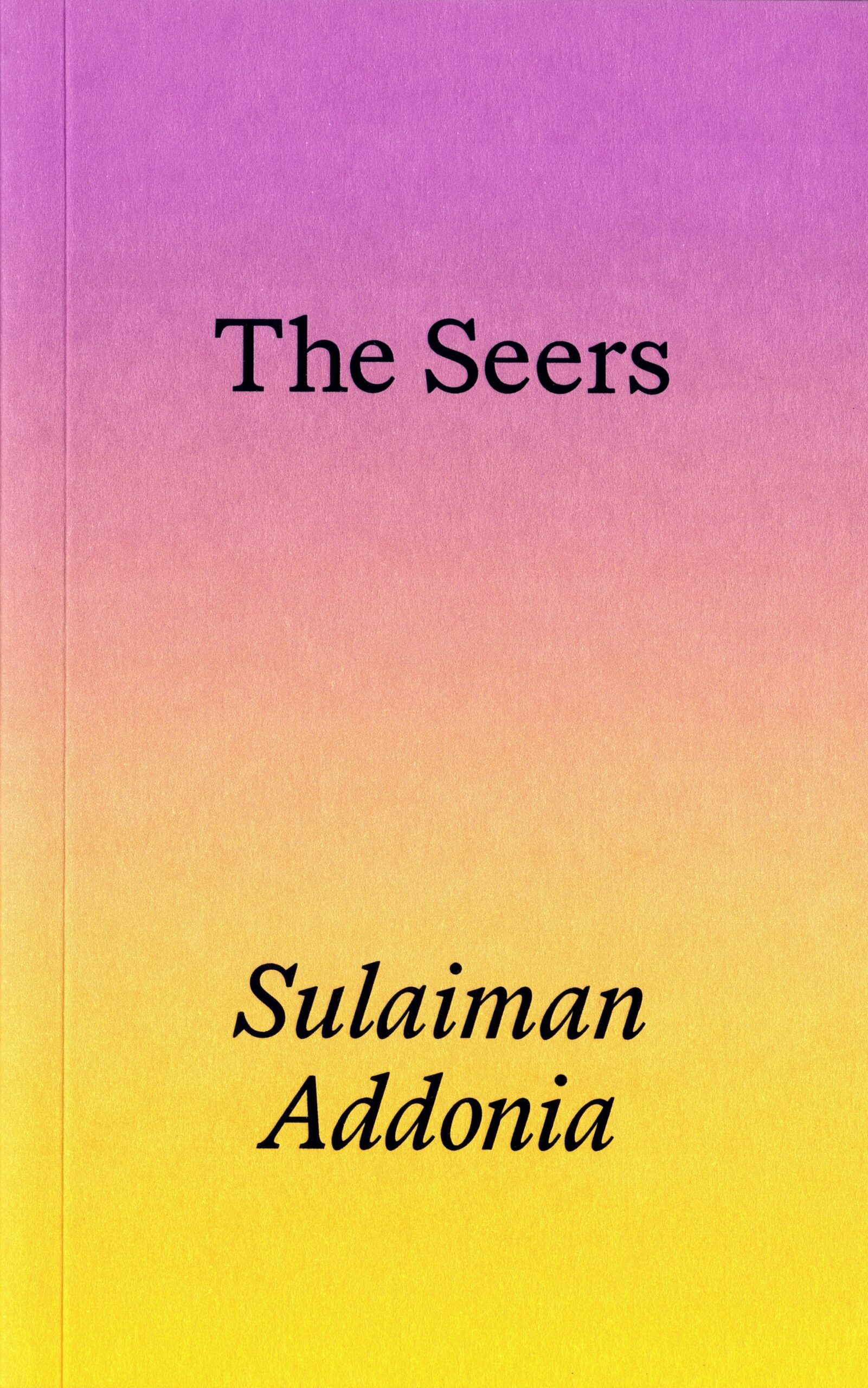Mohamed's top three of 2024
Mohamed
December is here and it's time to round up the Lighthouse team's favourite books of 2023! As usual, the brief is simple but strict (although there are those who find creative ways of expanding it…): three books you read, although they may not necessarily have been published, this year. The publishing schedule is swift and unforgiving and we also want to share the love with all those older books we fell in love with in 2024.
These are Mohamed's top three!
Queer Arab Glossary, edited by Marwan Kaabour and illustrated by Haitham Haddad - Following Marwan Kaabour’s archiving of queer Arab histories through Takweer was an incredibly affirming experience, especially during the pandemic. When I heard that a book documenting language used by and for queer people in the Arabic-speaking world was to be released, I was excited and curious as to the form of the book. The result surpassed all of my expectations. This isn’t a glossary in the traditional sense. Marwan’s introduction and Rabih Alameddine’s foreword situate this project within an ever-evolving context, and Haitham Haddad’s illustrations infuse a playfulness to the words and relate a visual language that will be familiar to many Arabs. Queer Arab Glossary encompasses so much of queer imaginations from around the Arab world, and places Arab experiences as central to the book. A significant part of this glossary is made up of essays that analyse, play and flirt with various ideas on language. These essays trace fleeting histories, and show the reader what can be found through our explorations of language and archives, if only we give ourselves permission to keep exploring once we think we’ve found an answer. As Sophie Chamas wrote in one of the essays: “Queer Arabness is, we are shown, always in the process of being made and unmade, endlessly being built through an amalgamation of ways of seeing and knowing across time and space[…] It is an invitation to question, to imagine, to become other and more than what we have been told we can be.” (130)
The Seers by Sulaiman Addonia - This is one of the sexiest novels you will read all year, with writing that’s so lyrical you’ll need to stop and remember to breathe. Hannah — our narrator — is a queer refugee from Eritrea who has recently arrived in the UK carrying her dead mother’s diary. On arrival, Hannah finds her story taken away from her, rendered into a simplified version that’s understandable to an oppressive Home Office that doesn’t recognise refugees as humans with desires and complex histories, but as cases to be handled and testimonies to be challenged. This novel rebels against this form of violence. Addonia’s prose fleshes out Hannah’s life in images, textured moments and explorations of queer desires as she tries to make a life and home in London while reckoning with an inheritance — her mother’s diary — that challenges what she thought she knew of her family history. Everything passes, love remains.
Palestinian Walks by Raja Shehadeh - What does it mean for a Palestinian to take a walk in nature when their land is under a brutal occupation? Raja Shehadeh brings tenderness along with hard facts from his decades-long fight for Palestinians’ land rights to this memoir told through excursions in nature. The land carries the wounds and scars from the occupation, and while reclaiming nature starts with understanding the absurdity of the deliberate lines drawn by the israeli occupation, in this memoir, we face Raja’s frustration; how can we argue with rationality against a system that does not see you as a human worthy of life? The damage of the occupation is ongoing, and Shehadeh’s writing faces the painful likelihood that, with the expansion of the Israeli settler-colonial project, dreaming of paths that he can roam might be all that he is left with until the apartheid state is finally dismantled.
Find more top three lists of 2024 from the team HERE
Linked Books

- title
- The Queer Arab Glossary
- author
- Kabbour, Marwan

- title
- Palestinian Walks : Notes on a Vanishing Landscape
- author
- Shehadeh, Raja

- title
- The Seers
- author
- Addonia, Sulaiman